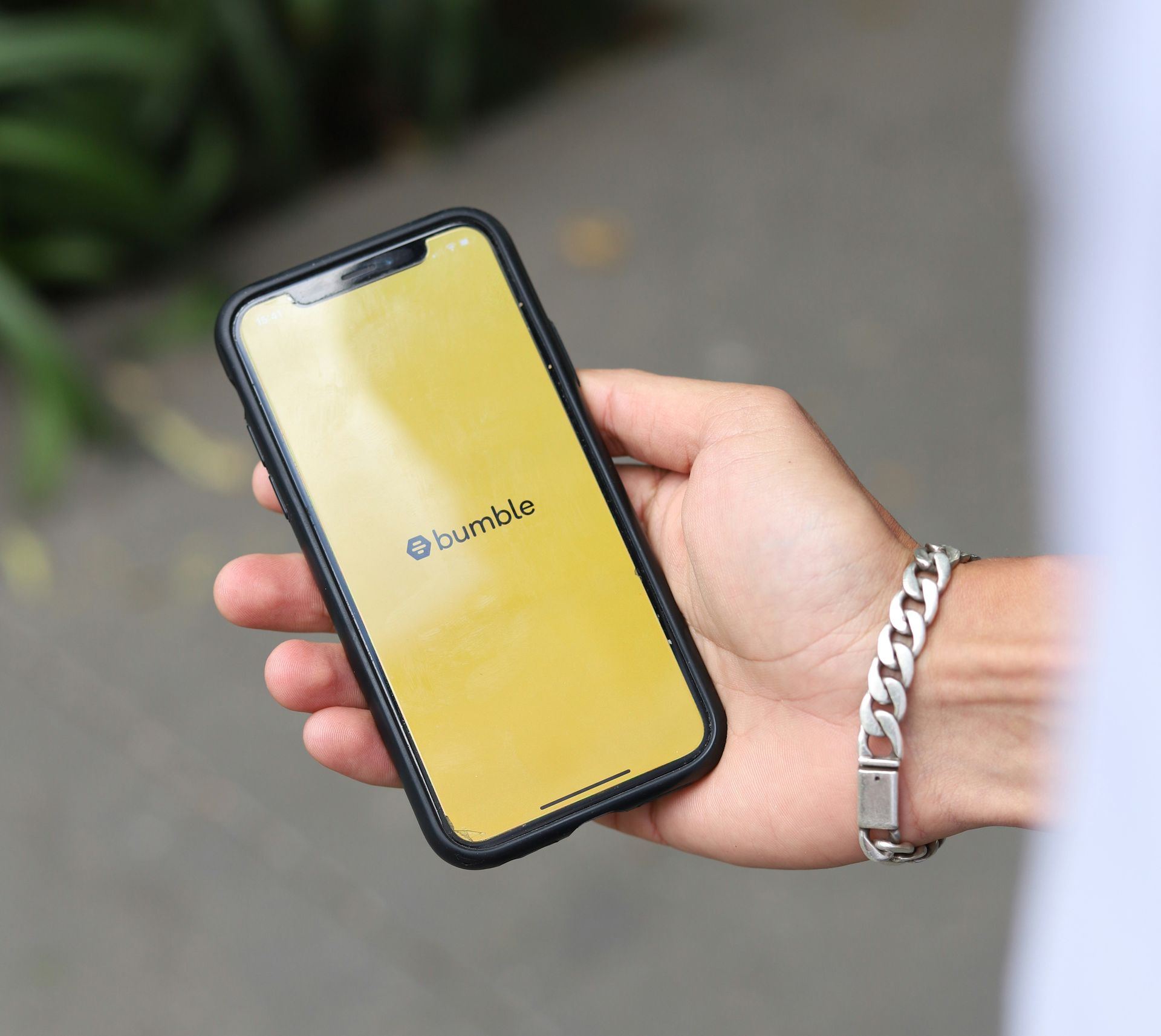Dating apps like Bumble, Hinge, and Grindr are designed to help people find love and make connections. However, a recent study by KU Leuven, a university in Belgium, revealed a serious flaw in some of these popular apps. This issue could have allowed people with bad intentions to track a user’s location with incredible precision—down to just 2 meters.
What’s the problem?
The researchers looked at 15 popular dating apps and found that several, including Bumble, Hinge, Badoo, Grindr, happn, and Hily, had a big security hole. Although these apps don’t show exact locations on user profiles, they do use precise location data for features like distance filters. This lets users search for matches based on how close they are.

The researchers used a technique called “oracle trilateration” to exploit this vulnerability. Basically, they estimated where a target might be and then moved around in different directions to find out exactly where the target was. This method allowed them to pinpoint a user’s location to within 2 meters.
What’s being done about it?
The potential for misuse is serious, but there’s good news. The apps with these issues have taken steps to fix the problem. Bumble, for example, quickly addressed the issue once they were informed in early 2023. Hily also updated its system to close this security gap.
Happn added extra protections that made the trilateration technique ineffective, while Grindr rounds users’ locations to 111 meters. Grindr says this feature is important for connecting users within the LGBTQ+ community and allows users to hide their distance if they prefer.
What can users do?
The fixes from these apps are a positive development for user privacy. By making location data less precise and improving their security measures, these companies are helping to protect users from potential privacy breaches.
Featured image credit: Eray Eliaçık/Bing





